Rudra Havan
Rudra Havan, also known as Rudra Abhishek or Rudrabhishekam, is a highly revered Vedic ritual dedicated to Lord Shiva. It involves invoking Lord Shiva in his fierce and benevolent aspects through the chanting of Vedic mantras and offerings into a sacred fire (havan). This ancient ritual is performed to seek blessings, purification, and spiritual upliftment.
Importanance Of Rudra Havan
-
Purpose:
- Seeking Lord Shiva's Blessings: The primary aim is to seek the blessings of Lord Shiva for peace, prosperity, and spiritual growth.
- Purification and Healing: It is believed to purify the environment and the participants, promoting physical and mental well-being.
- Removal of Obstacles: Rudra Havan is performed to remove obstacles, negative energies, and sins.
-
Significance:
- Invocation of Lord Shiva: Rudra Havan invokes Lord Shiva in his various forms, including Rudra (the fierce aspect) and Shiva (the benevolent aspect).
- Spiritual Awakening: The ritual is considered a powerful means of spiritual transformation and inner purification.
- Traditional Practice: It upholds ancient Vedic traditions and is believed to bring harmony and divine grace into the lives of devotees.
-
Ritual Process:
- Preparation:
- Choose an auspicious date and time for the havan, often guided by a priest or astrologer.
- Prepare a clean and sacred space for the havan. Arrange items such as a havan kund (fire pit), ghee, wood, samagri (mixture of sacred herbs and offerings), and images or idols of Lord Shiva.
- Ceremony:
- Invocation: Begin with the chanting of Vedic hymns and mantras to invoke Lord Shiva's presence and blessings.
- Sankalpa: The priest or the person performing the havan takes a vow (sankalpa) stating the purpose and intent of the ritual.
- Chanting of Rudra Mantras: Specific mantras dedicated to Lord Shiva, such as the Rudra Sukta or the Namakam and Chamakam from the Yajurveda, are chanted with devotion and reverence.
- Offerings: Offerings of ghee, grains, herbs, and other sacred items are made into the fire while chanting mantras.
- Havan: The priest conducts the main havan ceremony by pouring ghee and other offerings into the sacred fire, accompanied by continuous chanting of mantras.
- Purnahuti: The final offering, symbolizing the completion of the havan, is made with full devotion and gratitude.
- Prasad and Blessings: After the havan, the prasad (consecrated food) is distributed among the participants. The priest or elder members of the family offer blessings to all.
- Preparation:
-
Benefits:
- Spiritual Upliftment: Enhances spiritual growth and inner peace.
- Removal of Negativity: Cleanses the environment and participants of negative energies.
- Harmony and Blessings: Attracts blessings of Lord Shiva for overall well-being and prosperity.
-
When to Perform:
- Rudra Havan is often performed on auspicious occasions, such as Maha Shivaratri, Pradosh Vrat, and other significant days dedicated to Lord Shiva. It can also be performed as part of personal or family rituals to seek specific blessings or during challenging times.
Rudra Havan is a profound and sacred ritual in Hinduism dedicated to Lord Shiva, aiming to invoke his divine presence and seek blessings for spiritual growth, prosperity, and well-being. By performing this havan with devotion and adherence to Vedic rituals, devotees can experience deep spiritual transformation and receive the benevolent grace of Lord Shiva. The ritual not only purifies the surroundings but also purges negative energies, fostering harmony and divine blessings in the lives of participants.
Book Pandit for Rudra Havan


8927 Bookings


3075 Bookings


4640 Bookings


9102 Bookings


9098 Bookings


3442 Bookings
Pooja's FAQ
Rudra Havan is a sacred fire ritual dedicated to Lord Rudra, a fierce form of Lord Shiva. The ritual involves the chanting of Vedic mantras and the offering of various materials into the sacred fire as a means of invoking Lord Rudra's blessings.
Rudra Havan is performed to seek the blessings of Lord Rudra for spiritual growth, inner strength, purification, and the removal of obstacles. It is also considered a form of penance and an expression of devotion to Lord Shiva.
The havan begins with the chanting of Rudra mantras and involves the offering of specific materials, including ghee, herbs, and grains, into the sacred fire. Devotees recite Vedic hymns dedicated to Lord Rudra throughout the ceremony.
Is it possible to reschedule the date and time of the pooja without canceling the booking?
Rudra Havan is believed to bring blessings for spiritual evolution, mental clarity, and the removal of negative energies. It is also thought to confer protection, peace, and harmony.
After booking a pooja with a pandit or temple, you will receive the pandit's contact number in the booking section. Feel free to reach out to confirm details and discuss any specific requirements.
Feel free to contact the pandit ji for guidance on samagri and other arrangements by making a call.









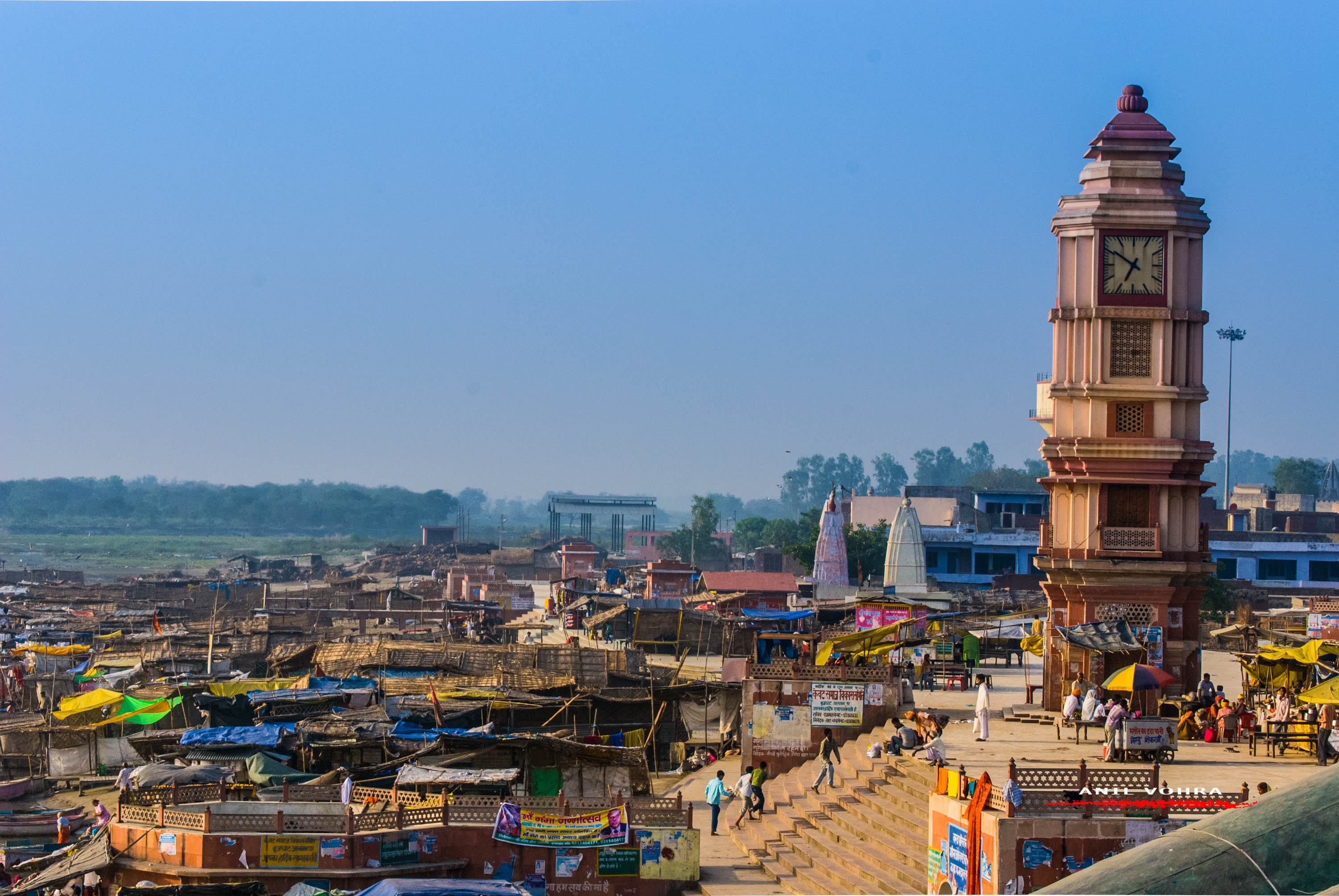
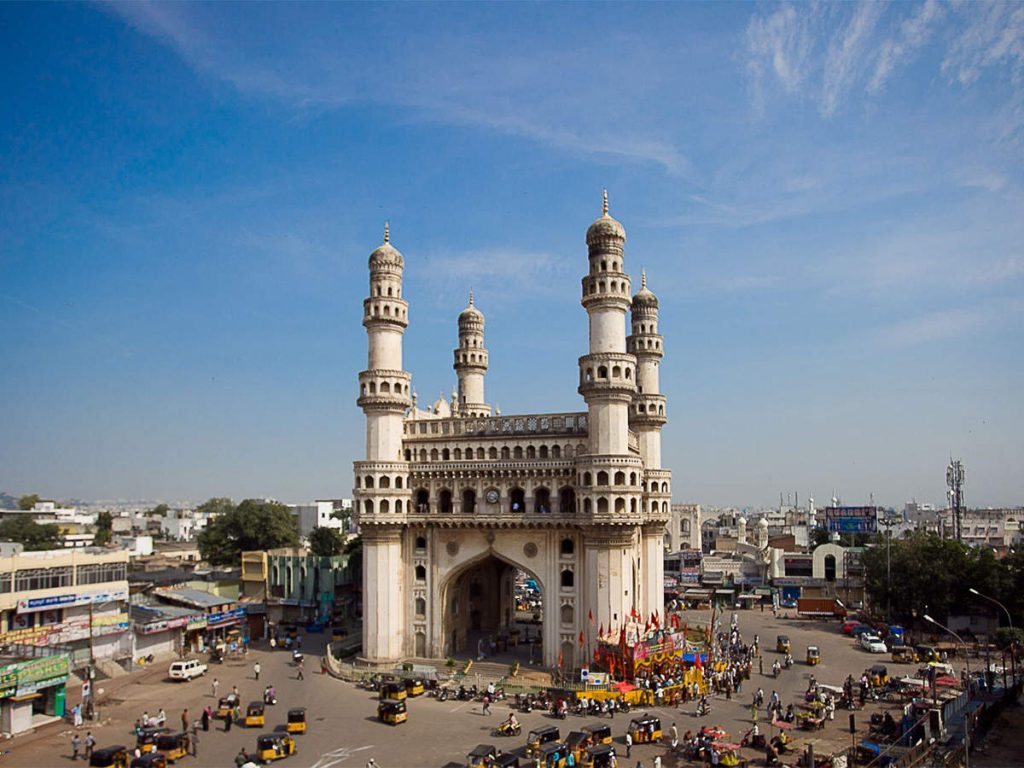


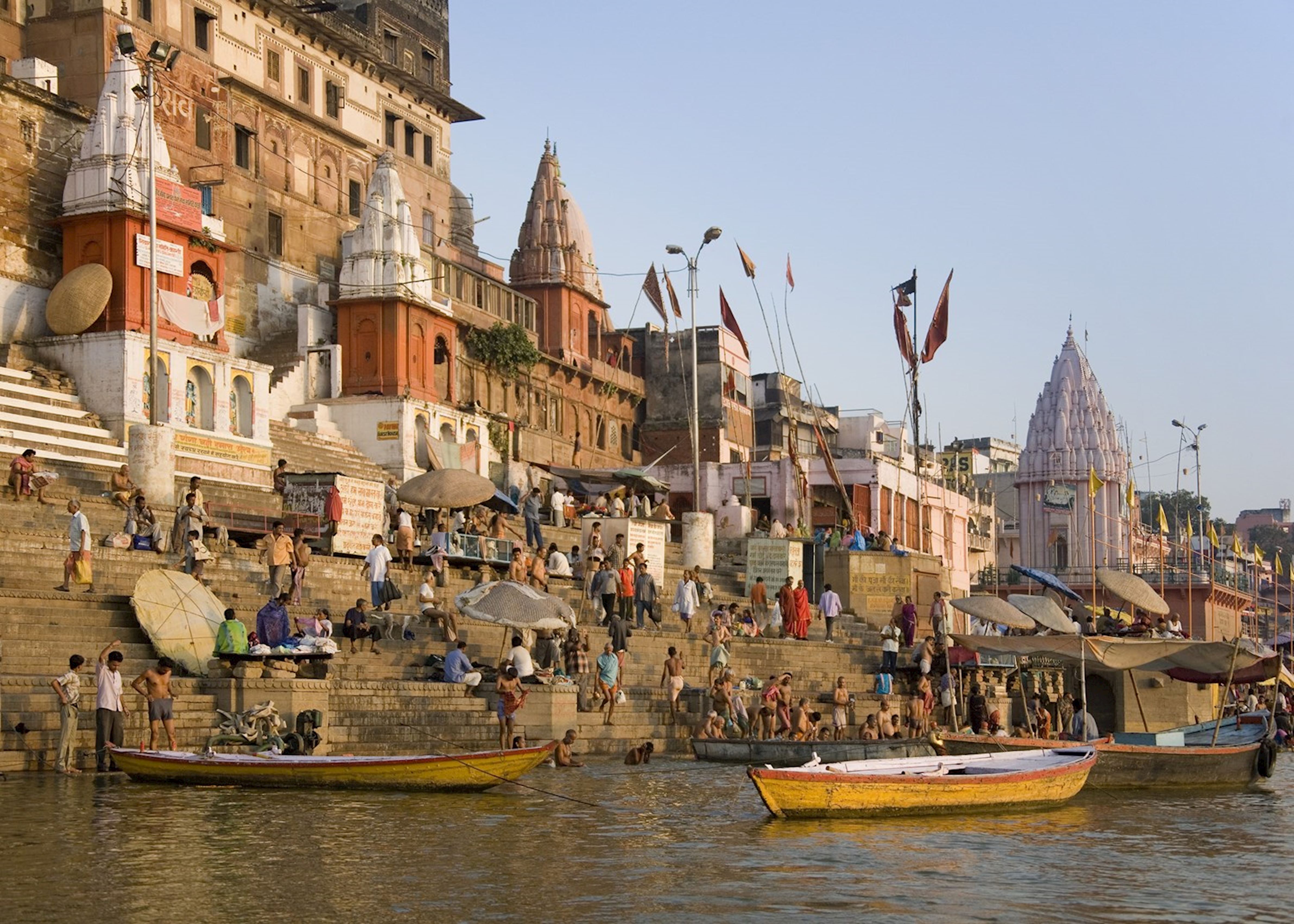

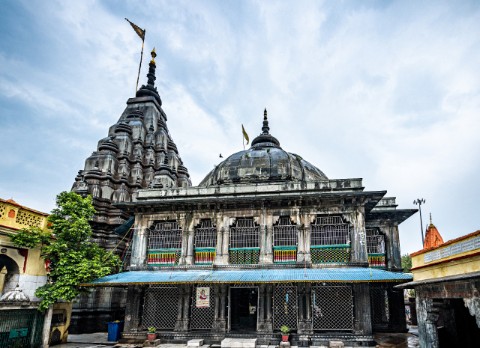
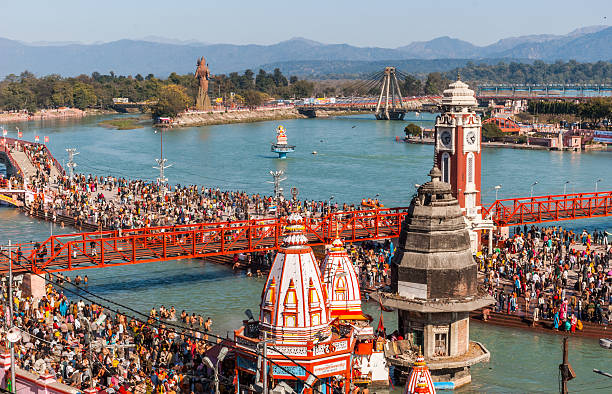

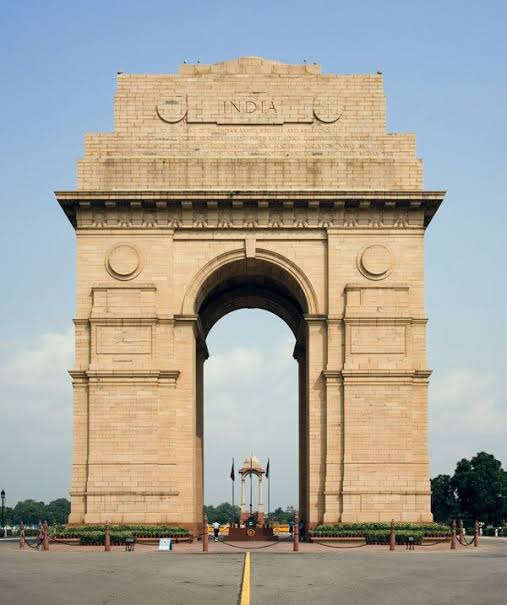

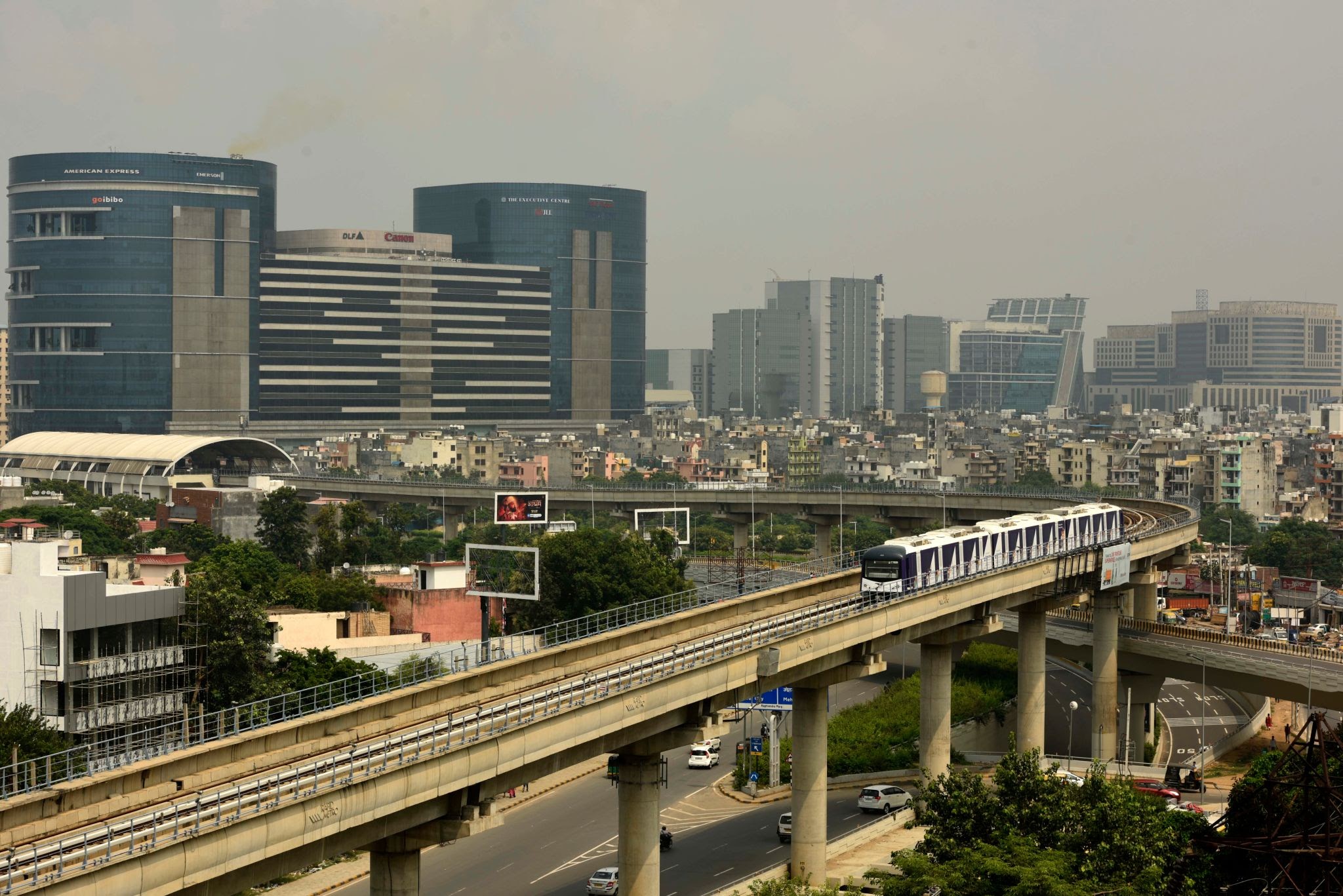

 Hindi, Sanskrit
Hindi, Sanskrit

 Noida
Noida


